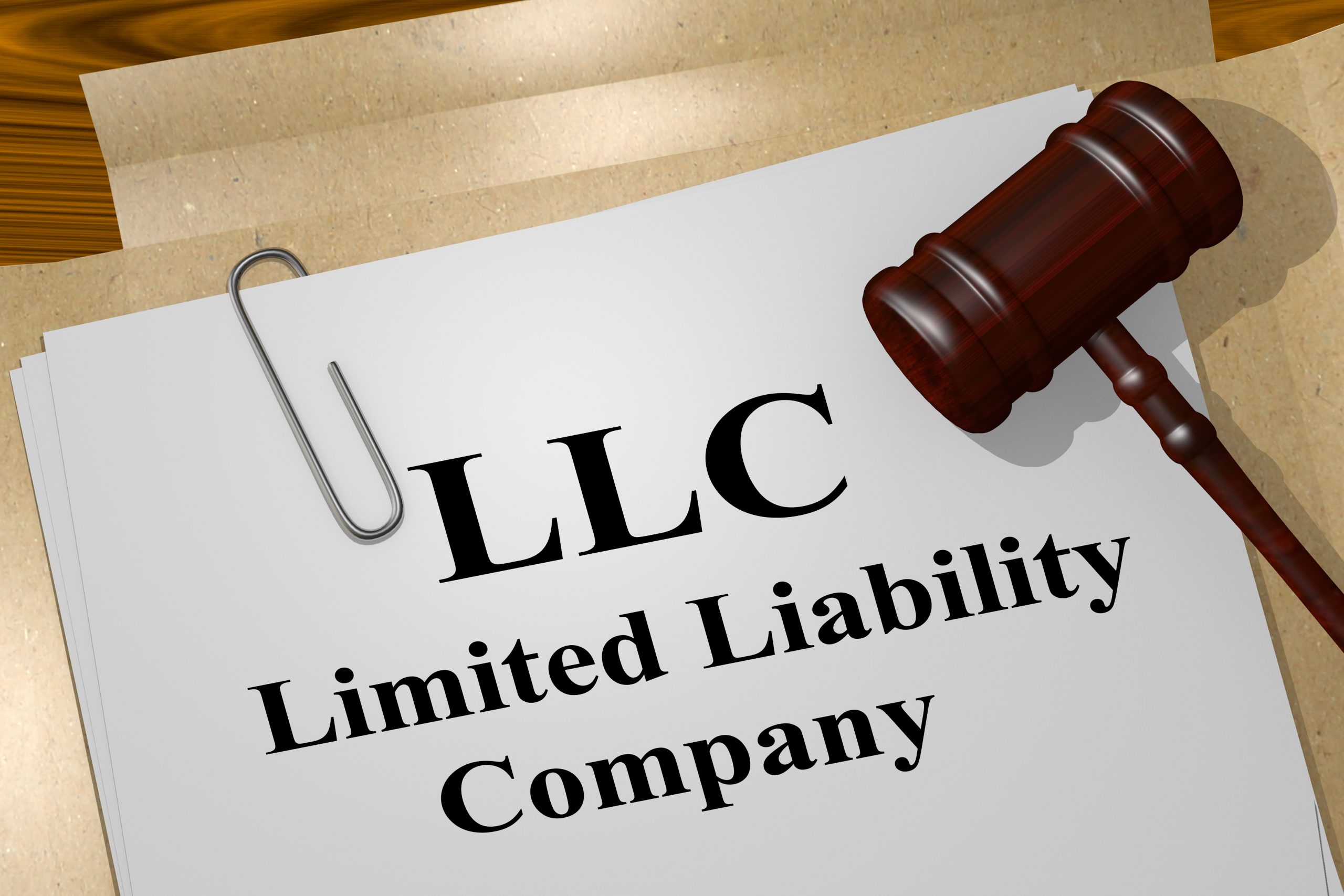
In today’s complex business environment, savvy entrepreneurs recognize the importance of making informed decisions about their company structure. Among the various options, a Limited Liability Company (LLC) stands out for its unique blend of flexibility, legal protection, and, most importantly, its advantageous tax structure. These benefits can have a profound impact on the financial health and success of your business.
The LLC structure is also appealing for its inclusive approach to global entrepreneurs. For those outside the U.S., considering an LLC can be particularly beneficial, as it offers opportunities like an LLC bank account non resident friendly, enhancing the ease of managing finances from abroad.
Read on to uncover the key tax benefits of an LLC that can transform your tax strategy and improve your business’s financial performance.
Understanding Pass-Through Taxation
When exploring the tax advantages of an LLC, the concept of pass-through taxation stands out as a fundamental benefit. This mechanism is a cornerstone of the LLC structure, offering a streamlined approach to taxation that can significantly impact your financial strategy and strengthen personal financial matters.
The following are essential aspects of pass-through taxation:
- Direct taxation on personal income: In an LLC, profits and losses are reported on the personal income tax returns of the owners. This method simplifies the tax process by eliminating the need for the business itself to pay federal income taxes.
- Avoidance of corporate tax rates: LLCs are not subject to the corporate tax rate, which is typically higher than personal tax rates. This can lead to substantial tax savings, especially for small to mid-sized businesses.
- Flexibility for business losses: Losses incurred by the LLC can be passed through to the owners’ personal tax returns. This can provide tax relief when the business faces challenges, offsetting other taxable income.
Pass-through taxation is a pivotal aspect of the LLC structure, offering a more straightforward and potentially less costly tax situation. Aligning business profits directly with personal income provides a clear, efficient path for handling taxes, making it an attractive option for many business owners.

3D illustration of LLC title on legal document.
Limited Liability Company.
Self-Employment Tax Savings
LLCs offer a notable advantage in the realm of self-employment tax. This benefit is particularly significant for small business owners and entrepreneurs who operate as LLCs.
Below are the vital elements of self-employment tax savings:
- Profit-based taxation: LLC owners pay self-employment taxes based on the business’s profits, not the total revenue. This approach can result in lower taxable income and, consequently, lower taxes.
- Reduced Medicare and Social Security taxes: Self-employment tax includes Medicare and Social Security contributions. Since these taxes are levied only on profits, wisely managing business expenses can reduce the amount subject to this tax.
- Potential for additional deductions: Owners can claim deductions for valid business expenses, reducing their taxable income. This includes a portion of the self-employment tax, which is deductible for income tax purposes.
Self-employment tax savings are a crucial financial aspect for LLC owners. This structure not only eases the tax burden but also provides opportunities for strategic financial planning.
Avoidance Of Double Taxation
The LLC structure offers a significant benefit in avoiding double taxation, a common issue in corporate tax structures.
The following are key points regarding the avoidance of double taxation:
- Single level of taxation: Profits from an LLC are taxed at the member level only, avoiding the corporate tax level. This means the profits are not taxed twice—once at the company level and again at the individual level.
- No corporate income tax: Unlike corporations, LLCs are exempt from paying corporate income tax. This exemption is vital in reducing the overall tax burden on the business’s profits.
- Flexibility in tax status: LLCs can choose their tax status. While the default is pass-through taxation, an LLC can be taxed as a corporation if it is more beneficial.
Avoiding double taxation is a compelling reason many business owners opt for an LLC. This feature makes the LLC an efficient and attractive choice for businesses aiming to minimize their tax liabilities.
Tax Deductions And Credits
LLCs benefit from tax deductions and credits, which can significantly reduce their taxable income.
Here are the crucial aspects of tax deductions and credits for LLCs:
- Broad range of deductions: LLCs can deduct typical business expenses such as office supplies, travel, and equipment. These deductions reduce the taxable income of the business.
- Eligibility for specific tax credits: LLCs may qualify for various tax credits depending on the business’s activities and location. These credits can directly reduce the amount of tax owed.
- Home Office Deduction: The home office deduction is a valuable benefit for LLC owners who work from home. This allows a portion of home expenses to be deducted, provided specific IRS criteria are met.
The ability to leverage tax deductions and credits is a pivotal aspect of the tax efficiency of an LLC. These advantages enable LLC owners to reduce their taxable income, enhancing the business’s overall financial health.
Conclusion
An LLC’s tax benefits are diverse and impactful, offering business owners significant financial advantages. From the efficiency of pass-through taxation to the substantial savings in self-employment taxes and the avoidance of double taxation, an LLC stands out as an intelligent choice for tax-savvy entrepreneurs. Along with the various deductions and credits available, these benefits highlight that an LLC is a strategic tool for financial optimization. An LLC is a compelling option for those seeking flexibility and tax efficiency.




